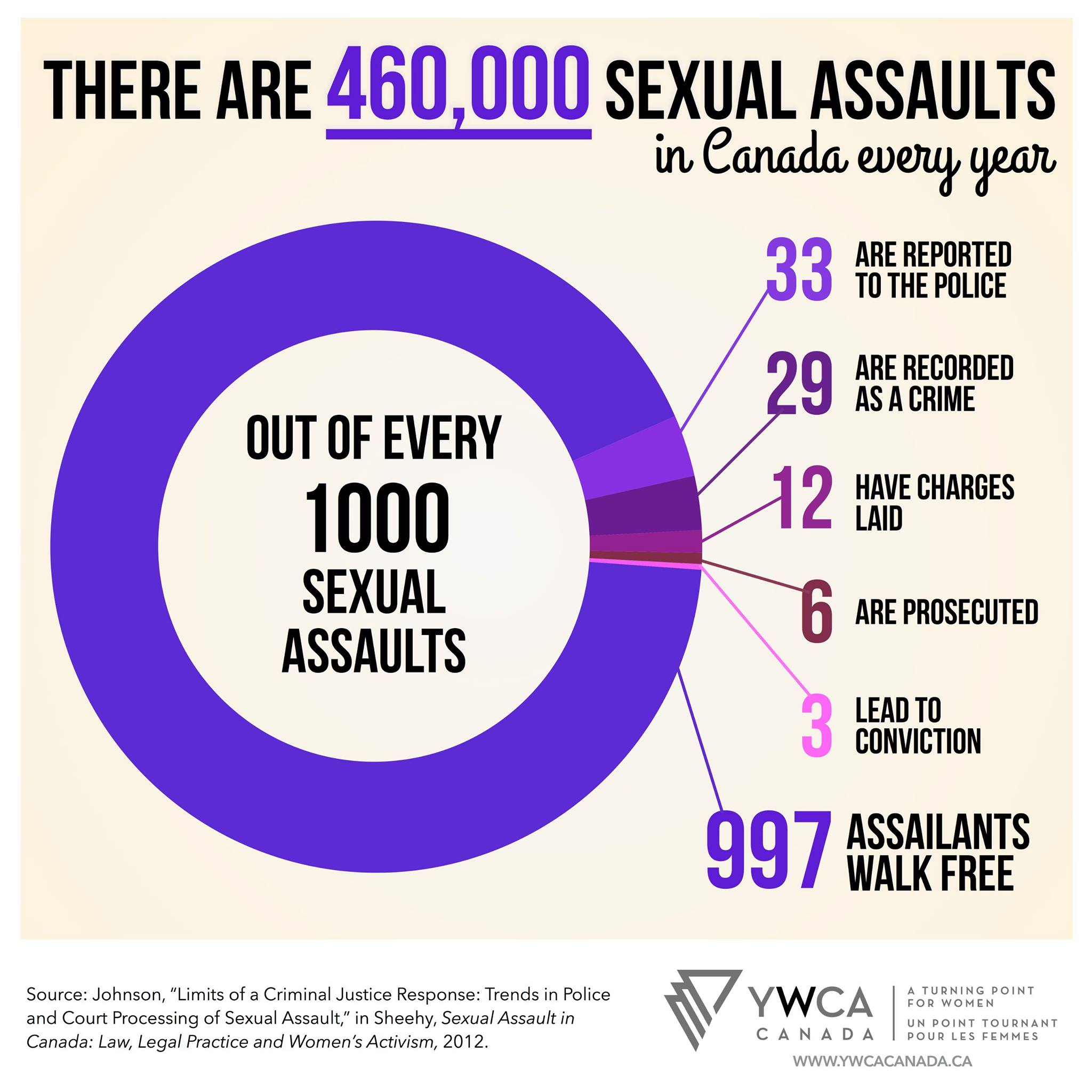A
Sexual assault is a criminal offence that happens frequently but is vastly underreported. Every person has different reasons for disclosing, reporting, or not.
A victim/survivor may disclose to friends, partners, family members or teachers and/or may report to campus authorities and police (to name a few). The word “disclose” describes when a person tells someone about having been subjected to sexual violence and “report” describes when someone makes an official report to an authority.
Whether or not someone reports, it is essential that they have room to make their own informed decision and that they receive non-judgmental support.

If a person under the age of 16 discloses to you, you are legally required to alert the local child protection agency, even if this information was told to you in confidence. This is also the case for anyone under the age of 19 who was violated by a parent or guardian.
There are many reasons people do not report. Click on a reason here to get an example of what someone may be thinking.
Those who report also have reasons for doing so. See some reasons why people DO report.
A
"I want to stop the person who violated me from harming anyone else."
B
" I feel that it is an important part of my healing process."
C
" I hope it will help other survivors."
There are many other reasons people decide not to report sexual violence. What are some you can think of? Add your thoughts to your notes. Below is a long list of reasons why so few people report sexual violence.
Sexual assault is a criminal offence that occurs with great frequency but is vastly underreported. There are many reasons people do not report sexual violence:
There are many other reasons why people decide not to report sexual violence. These reasons may stem from past experiences, current concerns, or cultural or systemic barriers.